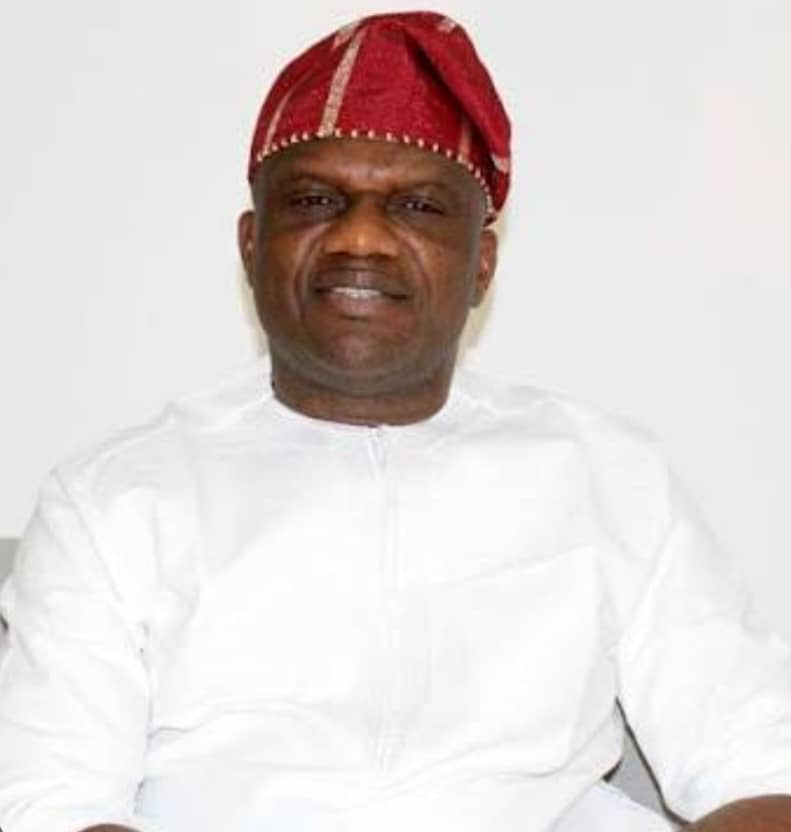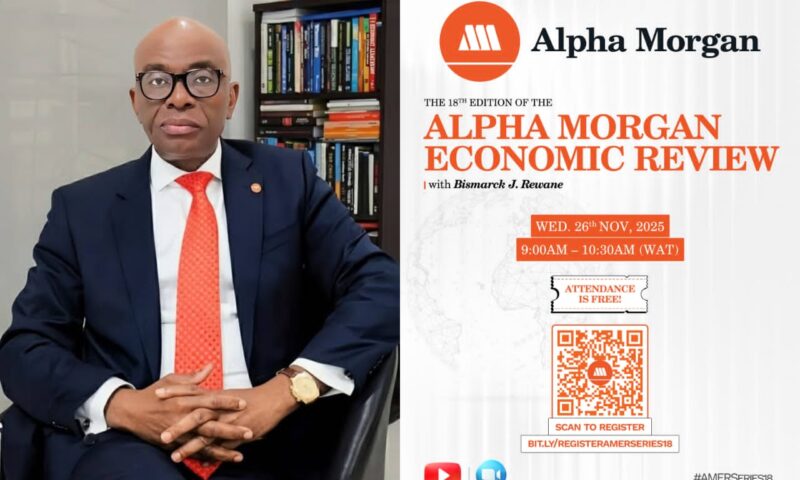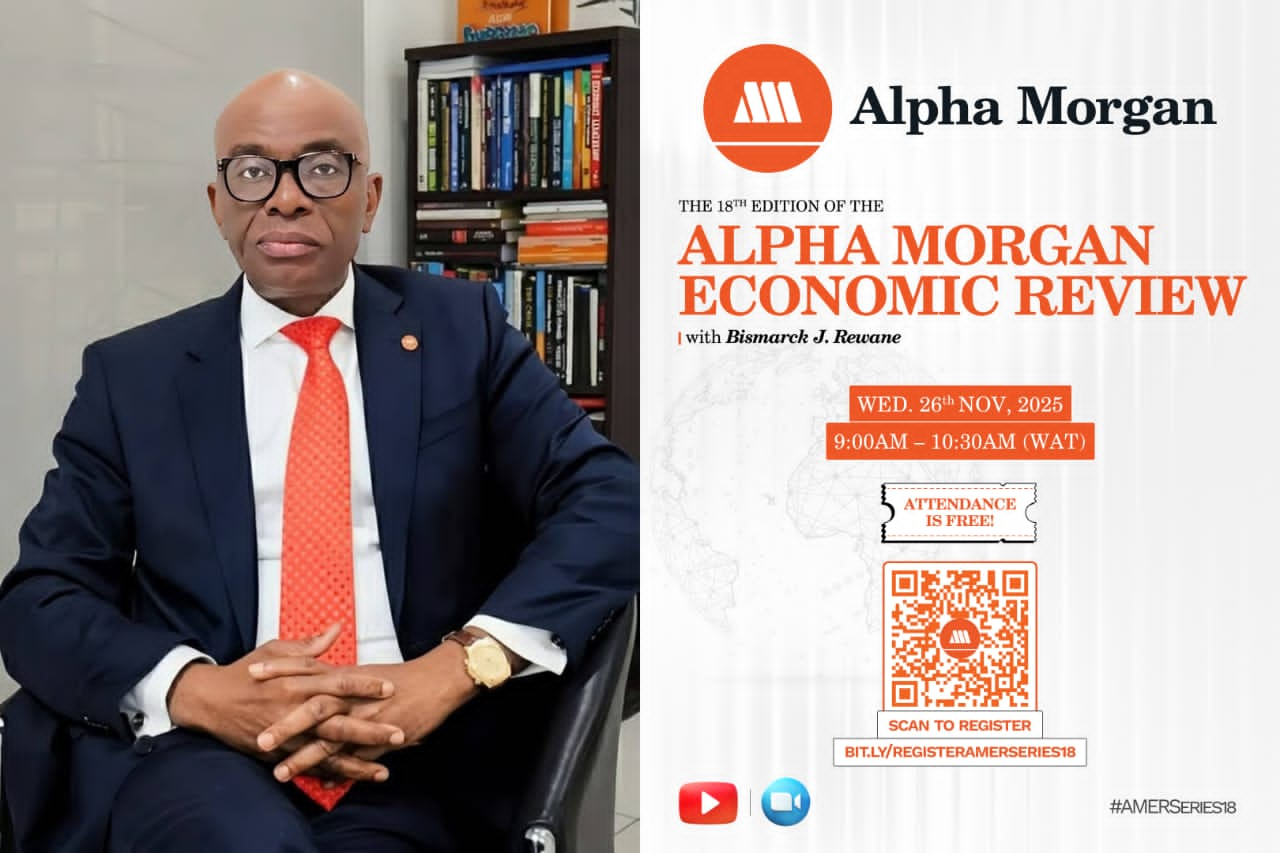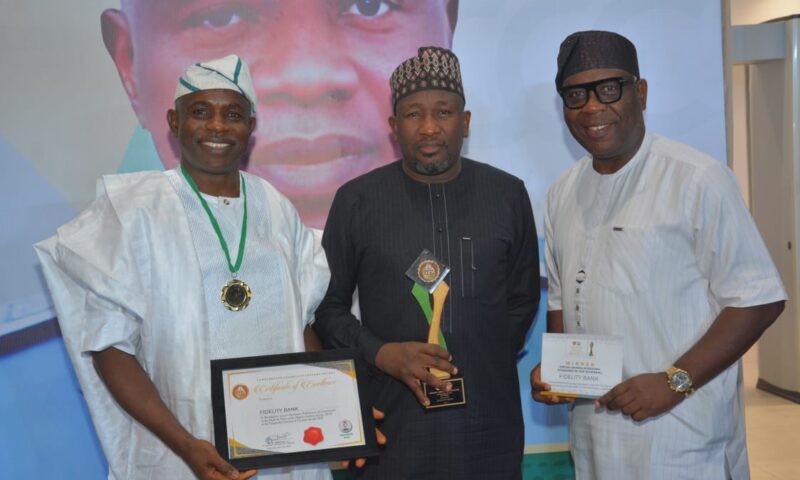Seplat Energy Earns Market Excellence, Education Intervention, Upstream Deal Awards In Lagos And London

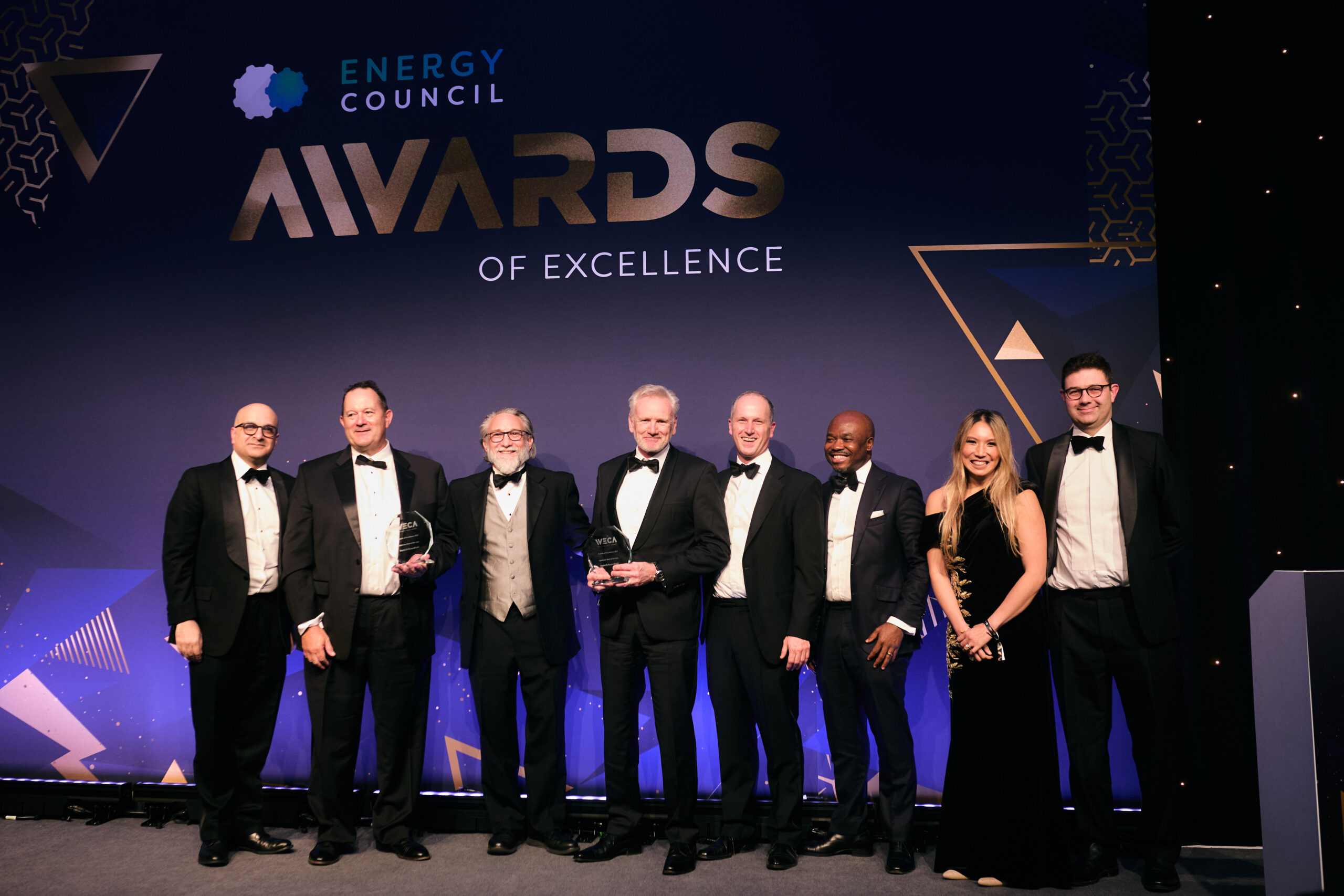 Seplat Energy Plc, foremost Nigerian independent energy company, has received three (3) awards for market excellence (2025 Highest Net Asset Ratio) at the PEARL Awards 30th Anniversary and Awards Nite in Lagos; Upstream Deal of the Year at the World Energy Capital Assembly (WECA) Awards in London; and Education Intervention of the Year recognition at the SERAS Africa Sustainability Awards in Lagos.
Seplat Energy Plc, foremost Nigerian independent energy company, has received three (3) awards for market excellence (2025 Highest Net Asset Ratio) at the PEARL Awards 30th Anniversary and Awards Nite in Lagos; Upstream Deal of the Year at the World Energy Capital Assembly (WECA) Awards in London; and Education Intervention of the Year recognition at the SERAS Africa Sustainability Awards in Lagos.
The PEARL Awards (Performance, Earnings, and Returns Leadership Awards), established in 1995, are designed to honour companies listed on the Nigerian Exchange (NGX) for exceptional operational and stock market performance. The Awards aim to promote the vibrancy, growth, and development of Nigeria’s capital market. The highest return on net assets (RONA) ratio for which Seplat Energy was recognised, compares a firm’s net income with its assets and helps investors to determine how well the company is generating profit from its assets. The higher a firm’s earnings relative to its assets, the more effectively the company is deploying those assets.
Speaking on the awards, the President/CEO of Pearl Awards, Mr. Tayo Orekoya, said each of the competitive award categories, ranging from the sectoral leadership awards to market excellence awards and the most prestigious overall highest award, is the result of an objective and data-driven ranking process.
The NGX Chief Executive Officer, Jude Chiemeka, commended the foresight of the founders of the Pearl Awards, acknowledging their role in motivating performance excellence over the years. According to him, by recognising companies via quantifiable and verifiable metrics, the awards have strengthened discipline and transparency across the market.
The WECA Awards of Excellence represents a global benchmark of excellence for those working across the upstream industry. The awards recognise and honour the individuals and companies who have been at the forefront of first-class deals, value creation, innovation, or exceptional financial and operating performance. It also celebrates the executives who continue to change the face of the oil and gas industry, demonstrating outstanding leadership and performance.
The SERAS Awards promote excellence and best practice in CSR and Sustainability, provide a yardstick for measuring excellence and drive adoption of CSR and Sustainability in Africa. The awards also celebrate the continent’s most influential organisations and leaders driving transformative sustainable development.
In his address, Ken Egbas, Founder of The SERAS, explained that the 2025 theme -“Sustainability 2.0: Innovating for Impact and Inclusive Growth”—signals a decisive shift toward bold, future-focused action.
“Africa cannot afford business as usual. We must innovate—relentlessly, boldly, audaciously. We must connect growth to inclusion, profit to purpose, ambition to equity. This year’s organizations have shown that this future is attainable,” he said.








